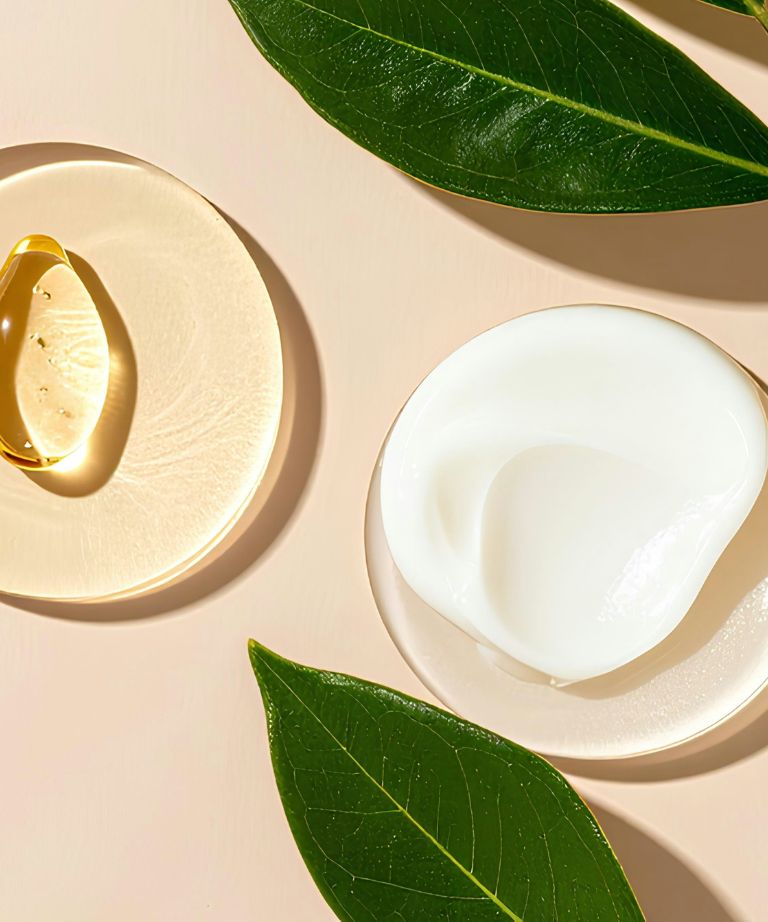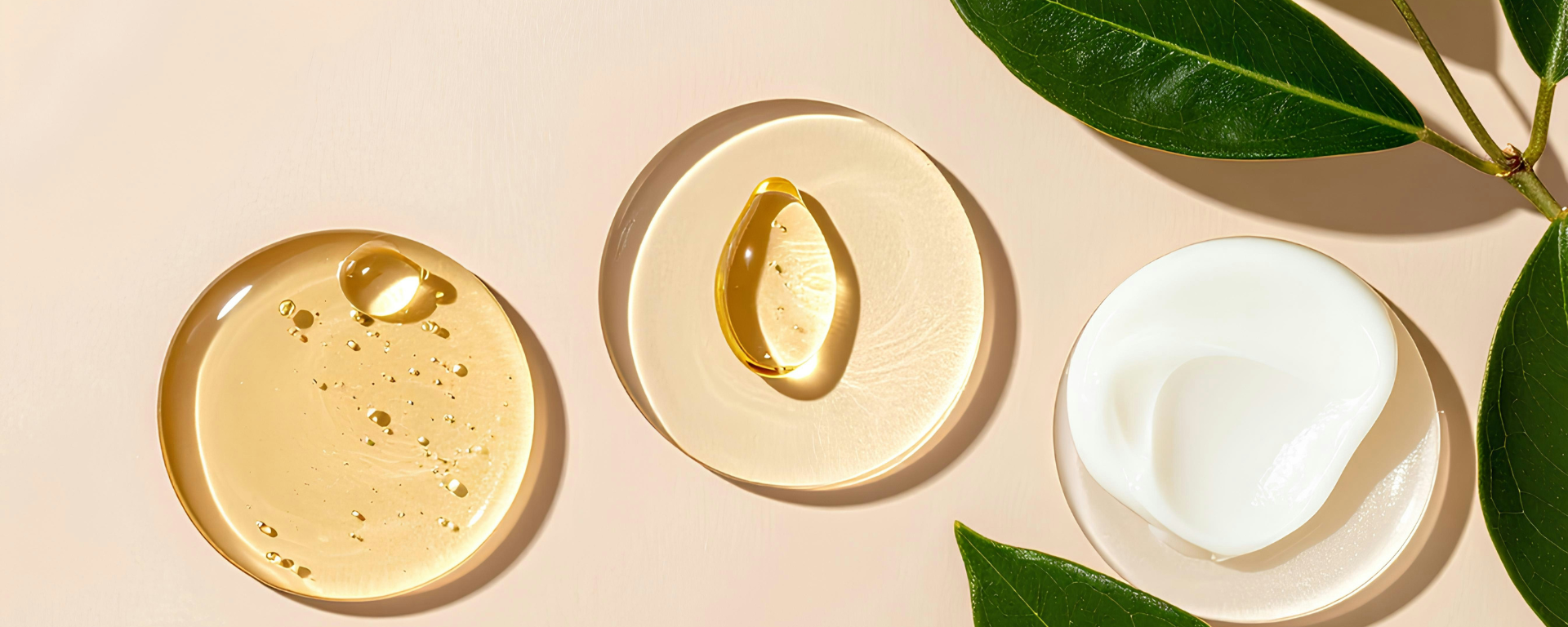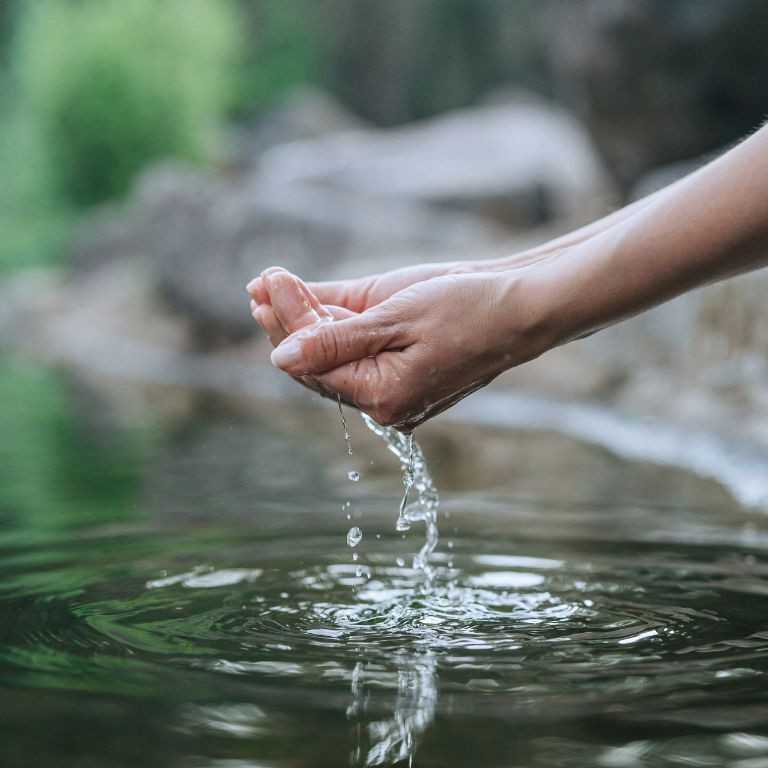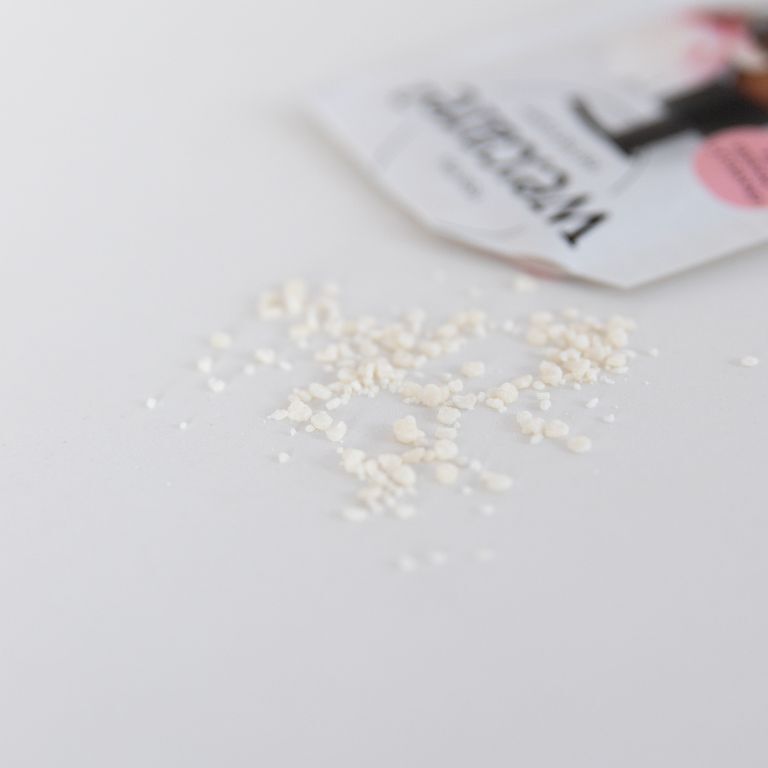

Sustainability
Use of resources

“We invest a lot of energy in sustainable solutions”
KLAUS HEMPEL
Head of Research & Development
Head of Research & Development
As a manufacturer of personal care products, we purchase many different raw materials. The aspects of sustainability and the environmental impact of the substances used are becoming increasingly important to us.
Our trading partners are also setting stricter requirements to meet environmental criteria.
This is why our specialists are constantly focusing their research on alternative, eco-friendly solutions.
VEGETABLE OIL - IS THERE SUSTAINABLE PALM OIL?
Vegetable oils are an indispensable ingredient in good personal care products. We use raw materials containing palm oil and palm kernel oil in many of our products: they serve as emulsifiers, skin-care ingredients, consistency enhancers, or detergent substances. They also act as moisturizers that nourish the skin and protect it from drying out. These excellent physical properties of the oil and the high yield of the fruit make palm oil an almost indispensable ingredient in many cosmetic products.
The reason for the widespread use of palm oil lies in the extraordinary efficiency of the oil palm: with an average yield of 3.5 tons of oil per hectare, it is by far the most productive oil plant. Switching to alternative vegetable oils would therefore require a significantly larger area of land to produce the same amount of raw material. This would not solve the ecological and social problems associated with monoculture farming, but merely shift them to other regions of the world.
With 100 percent certified raw materials from palm oil and palm kernel oil, the MANN & SCHRÖDER COSMETICS GROUP promotes sustainable palm oil cultivation methods. Since 2013, we have been sourcing derivatives with Green Palm certificates to promote the sustainable cultivation of palm oil in the countries of origin.
By 2018, all of the products we sold contained 100 percent certified palm oil and palm kernel oil in accordance with the guidelines of the Roundtable on Sustainable Palm Oil (RSPO) using the mass balance method. Sustainable palm oil certified according to the RSPO mass balance model meets defined criteria in areas such as transparency, ethics, and sustainability. For example, the entire supply chain must be transparent and traceable, no rainforests or other valuable natural areas may be destroyed for cultivation, and the rights of workers and local communities must be respected.
Sustainability made measurable: 9.1 out of 10 points in the RSPO Shared Responsibility Score
The RSPO Shared Responsibility (SR) Score assesses how comprehensively companies along the entire palm oil supply chain take responsibility—from transparency of origin to compliance with environmental and social standards.
The assessment criteria are:
- How transparently we report on our palm oil supply chain
- How we implement environmental and climate protection
- How we ensure human rights and fair working conditions
- How we use our resources responsibly
Our RSPO SR Score is 9.1 out of a possible 10 points. This puts us in a league of only 11% of consumer goods manufacturers worldwide.
"For us, sourcing certified raw materials from palm oil and palm kernel oil is still the most sustainable solution. This not only promotes sustainable cultivation in the countries of origin, but also allows us to use oils from the most productive oil-yielding plant – the oil palm. If we were to switch to other vegetable oils such as coconut or rapeseed oil, we would need many times more land, as the yields are significantly lower."
Dr. Klaus Hempel Head of Research & Development


